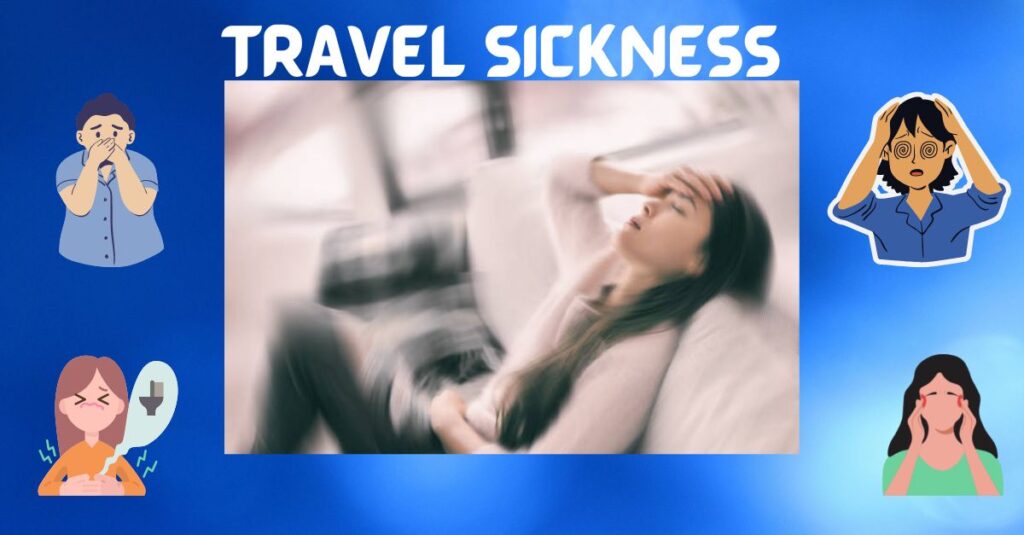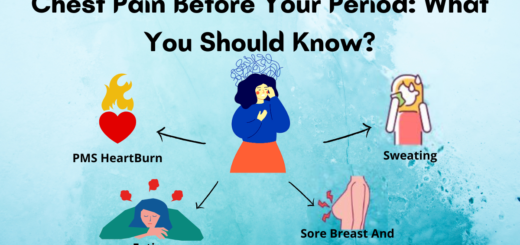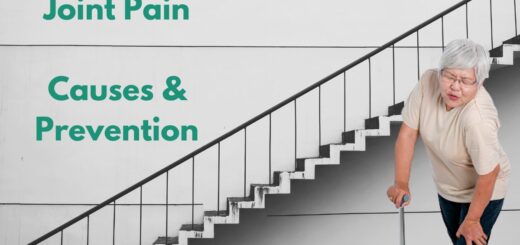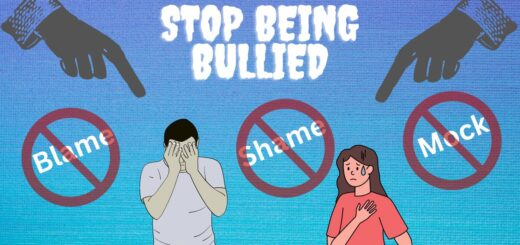Why Do I Always Feel Like Throwing Up While Traveling? Common Causes And Solutions

If you’ve been on a long car ride or a bumpy flight, and now you feel that familiar queasy feeling like you were about to throw up, you know the feeling.
Getting travel sick is the worst! Traveling is notoriously hard on the human body, but it doesn’t have to be. Keep reading to learn what are the common causes of travel sickness and how to avoid them!
What is Travel Sickness?
Travel sickness, also called motion sickness, is a condition that can occur when you are traveling in a car, bus, train, plane, or boat. It is caused by certain smells, sights, sounds, or movements of the vehicle that can make you feel nauseous, dizzy, and tired.
There are many causes of travel sickness including motion sickness, altitude sickness, dehydration, food poisoning, and anxiety.
- Motion Sickness
Motion sickness occurs due to the conflict between what the eyes tell the brain about the movement of the vehicle and what the inner ear tells the brain about the movement. When the two senses disagree, the brain gets confused and signals the body to vomit.
- Altitude Sickness
Altitude sickness happens when the air pressure at high altitudes is lower than normal. As a result, the blood vessels constrict and the heart beats faster. This makes breathing harder and may cause headaches.
- Dehydration
Dehydration occurs when the body loses water. Symptoms include dry mouth, thirst, headache, dizziness, fatigue, and muscle cramps.
- Air Pressure Changes
When flying, air pressure changes cause symptoms similar to those of motion sickness. These include headaches, neck pain, stomach aches, and vomiting.
- Traveling Alone
Traveling alone increases the risk of developing motion sickness. You may feel nauseous even if you aren’t moving at all due to the fear of what could go wrong. People who are stressed out tend to have higher levels of cortisol, a hormone that increases the risk of developing ulcers and irritable bowel syndrome.
- Eating Too Much / Empty Stomach Before Travelling
If you eat too much before traveling, then you may experience some stomach discomfort due to indigestion.
When you do not eat before traveling, your stomach will be empty and you have nothing to digest. This causes your body to produce gastric juices, which can lead to nausea and vomiting.
- Closed Space
When traveling in an AC car or bus, you might often feel like throwing up. It is not mainly because of the AC, but due to the lack of oxygen/fresh air. The most common symptoms are mild suffocation, sweatiness, and nausea.
Solutions for Preventing Travel Sickness
There are a few different things that you can do to prevent or reduce travel sickness.
- Pressure Points
Certain pressure points can be massaged to ease motion sickness that causes symptoms like nausea and vomiting. Approximately at the center of the forearm, three finger-widths from the wrist is where the point is located.
- Avoid Looking Out
When traveling at high speeds, the brain receives conflicting signals from the eyes and inner ear, causing nausea and vomiting. Try to stay still and focus on something stationary to avoid motion sickness. You can also use eye pads to block out distractions. If you feel nauseous, take deep breaths and relax. You can drink water to help keep your mouth moist.
- Find Your Comfortable Seating
The position of your body while sitting in a vehicle can affect how you feel about motion sickness. If you sit upright, you may experience less nausea than if you lean back. Sitting upright also helps keep your blood pressure steady.
Also sitting in front seats tends to reduce motion sickness. In a car and bus, sitting in front you will experience a sharp turn with less force than you would if you were at the back, farther away from the rotating wheels.
- Eat small meals throughout the day
If you eat several smaller meals throughout the day instead of three big ones, you won’t get hungry between meals. Hunger increases nausea and vomiting while traveling.
- Stay Hydrated
Water is the best way to stay hydrated while traveling. Drinking enough water helps flush out toxins and keeps your body well-hydrated. If you’re going somewhere where you’ll be exposed to different weather conditions, drinking plenty of water before you leave home will help keep you comfortable throughout your trip. You should drink at least eight glasses of water each day.
- Eat small meals throughout the day
Try to eat smaller meals throughout the day rather than three big ones. Smaller meals help keep blood sugar levels steady and reduce the likelihood of feeling sick.
- Avoid Alcohol and Caffeine
Avoiding alcohol and caffeine before traveling helps to reduce nausea. Alcohol stimulates the nervous system and caffeine increases heart rate and blood pressure. Both things make it harder to stay calm and relaxed while traveling.
- Don’t Travel Alone
Traveling alone can make you feel anxious and nervous. Traveling with someone who knows how to handle motion sickness can be helpful. A person who doesn’t suffer from motion sickness may be able to offer advice or even distract you if necessary.
- Don’t Rush
Make sure you have enough time to get to your destination safely. Don’t rush to arrive somewhere late at night or early in the morning. Take extra time to reach your destination and allow yourself plenty of time to relax once you arrive.
- Drink Lemon Juice
Lemon juice is known to help relieve nausea and vomiting caused by motion sickness. You can add lemon juice to water, tea, coffee, or even soda to make a refreshing drink that will help ease any symptoms of motion sickness.
Also smelling a lemon have been known to help people feel less nauseous while traveling.




